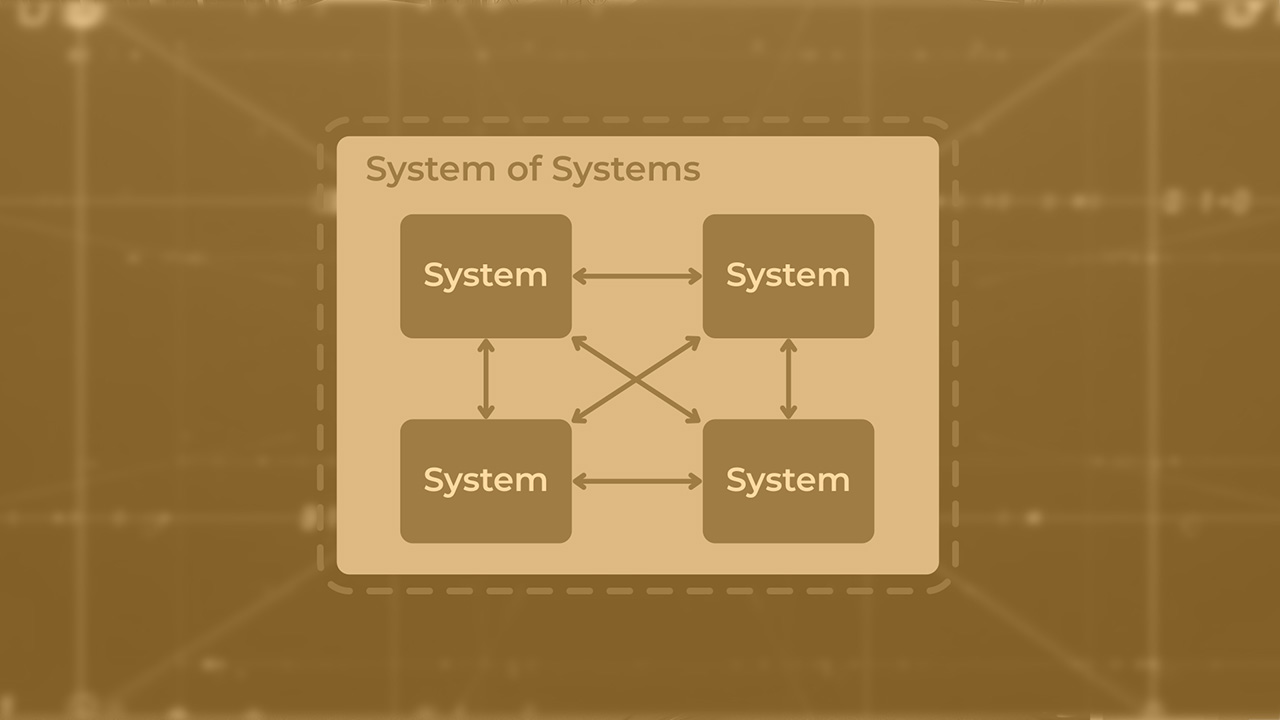Prof. Dr. Milan Z. Bjelica

Dr. Bjelica is the Full Professor at the FTN Uni Novi Sad, a Functional Safety Instructor at the University of California San Diego, and the CEO of NIT Institute. He actively participates in research and innovation activities for various computer-engineering sectors, focusing on consultancy and training in the fields of system safety, functional safety, automotive engineering, and consumer electronics. During his career, he consulted companies in the automotive industry (ZF Germany, TTTech Austria, Qualcomm Automotive USA, Daimler Germany) and also other companies in consumer electronics, industrial machinery, and computing domains. He is a frequent participant and a speaker at major industry events worldwide. Dr. Bjelica holds a Ph.D. degree in computer engineering from the University of Novi Sad, Serbia, as well as an Academic Safety Engineer degree from the FH CampusWien - Vienna Institute for Safety and Systems Engineering (Austria). His professional and research focus is on complex system and software architectures with specific interactions and virtualization. He authored over 100 publications across major journals and scientific conferences and holds 30 patents.
References
- M.Z. Bjelica, "Systems, Functions and Safety: A Flipped Approach to Design for Safety", Springer Verlag GmbH, 2022.
- B. Mrazovac and M. Z. Bjelica, "Human-Centric Role in Self-Driving Vehicles: Can Human Driving Perception Change the Flavor of Safety Features?," in IEEE Intelligent Transportation Systems Magazine, doi: 10.1109/MITS.2022.3169597.
- M. Z. Bjelica and Z. Lukac, "Central Vehicle Computer Design: Software Taking Over," in IEEE Consumer Electronics Magazine, vol. 8, no. 6, pp. 84-90, 1 Nov. 2019, doi: 10.1109/MCE.2019.2929813.
- M. Milosevic, M. Z. Bjelica, T. Maruna and N. Teslic, "Software Platform for Heterogeneous In-Vehicle Environments," in IEEE Transactions on Consumer Electronics, vol. 64, no. 2, pp. 213-221, May 2018, doi: 10.1109/TCE.2018.2844737.
- Special Merit Award - CES Las Vegas, USA, 2013
Courses
Learn how to make your systems work under unexpected and faulty conditions.
With this course, you will be introduced to the basics of fault tolerance. You will learn about the concepts of design and implementation of fault tolerance mechanisms in general systems are introduced. You’ll get to know the quantitative and qualitative methodology which is used in the evaluation of specific fault tolerance principles. After the course, you will be able to understand and perform key alterations to system functions, components, or mechanisms. You will also be able to add an appropriate level of redundancy with the purpose of achieving the expected reliability of systems, despite the residual faults in the system design.
Course topics:
- Main system dependability concepts, correlation with system safety and functional safety;
- System integrity and safety integrity concepts;
- Threats to system dependability (such as faults, errors, or failures);
- Basic analysis of high-level composite system diagrams, key areas for dependability improvement;
- Fault tolerance mechanism in appropriate stages (error detection, damage assessment, error recovery, fault treatment);
- Static, dynamic, and hybrid redundancy calculations;
- Fault-tolerant information exchange;
- Fault tolerance mechanisms, such as channel and error models, detection/correction codes, and retry mechanisms;
- Fault tolerance and system repair.
Modules:
Requirements
Software: Chrome browser.
Hardware: Computer with an Internet connection, working speakers, and microphone.
Prior knowledge: Students should have previous knowledge of selected calculus topics, such as basic differential equations, operations with matrices, Galois fields, vector spaces, and Boolean algebra. Students shall have basic knowledge of system and safety engineering and system reliability concepts, such as failure probability, reliability, failure rate, constant failure rate, MTTF, FIT, etc.




